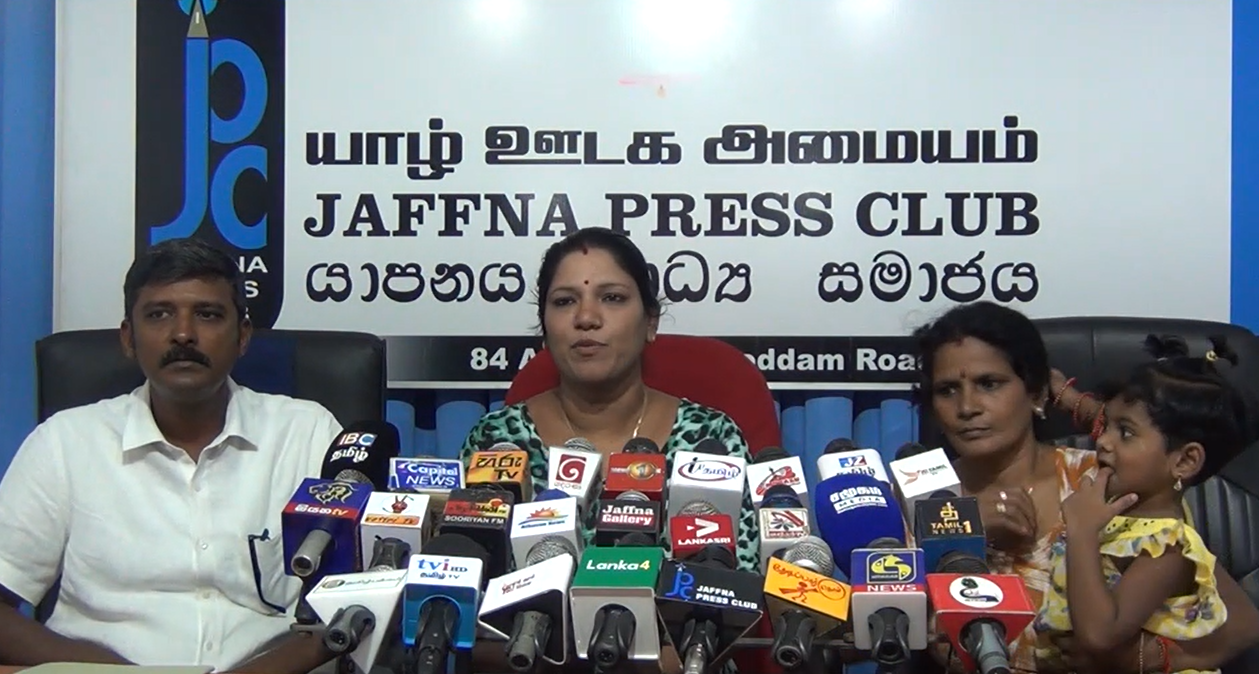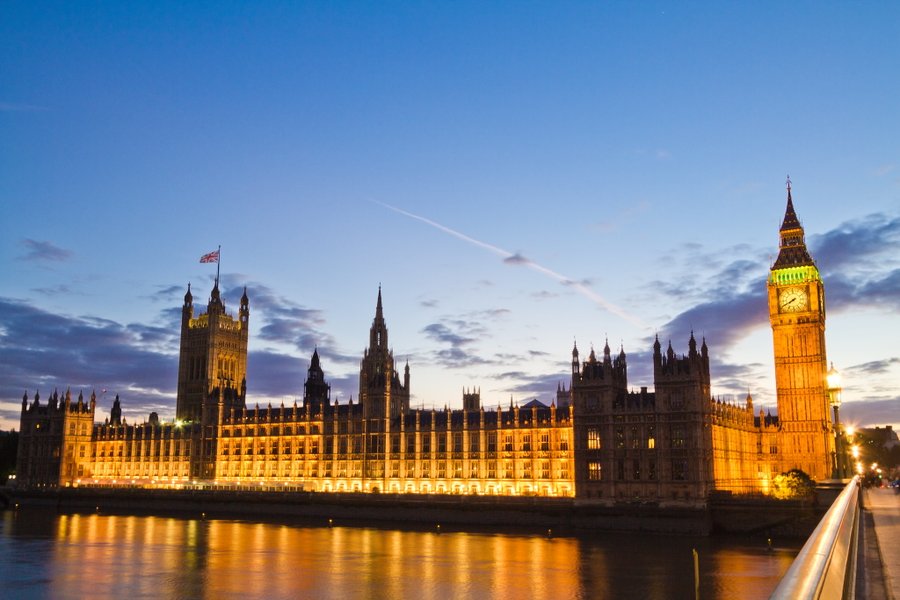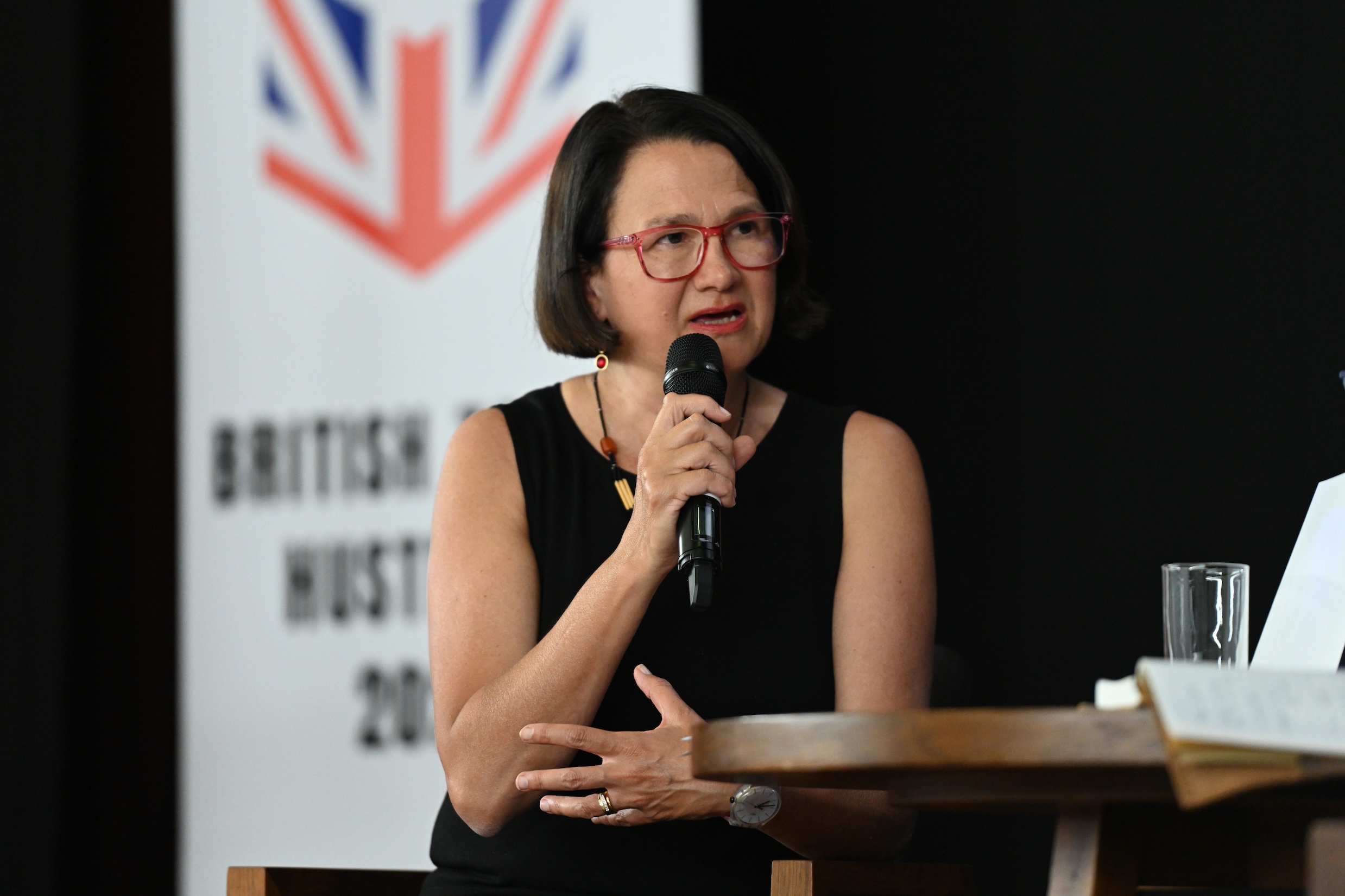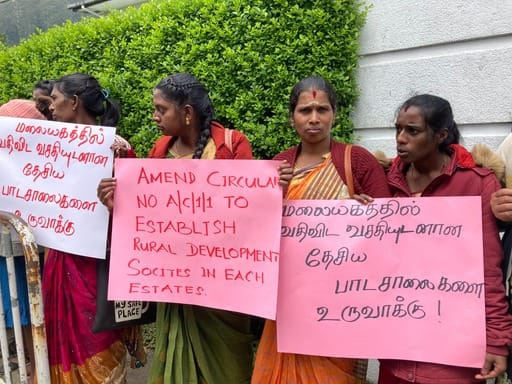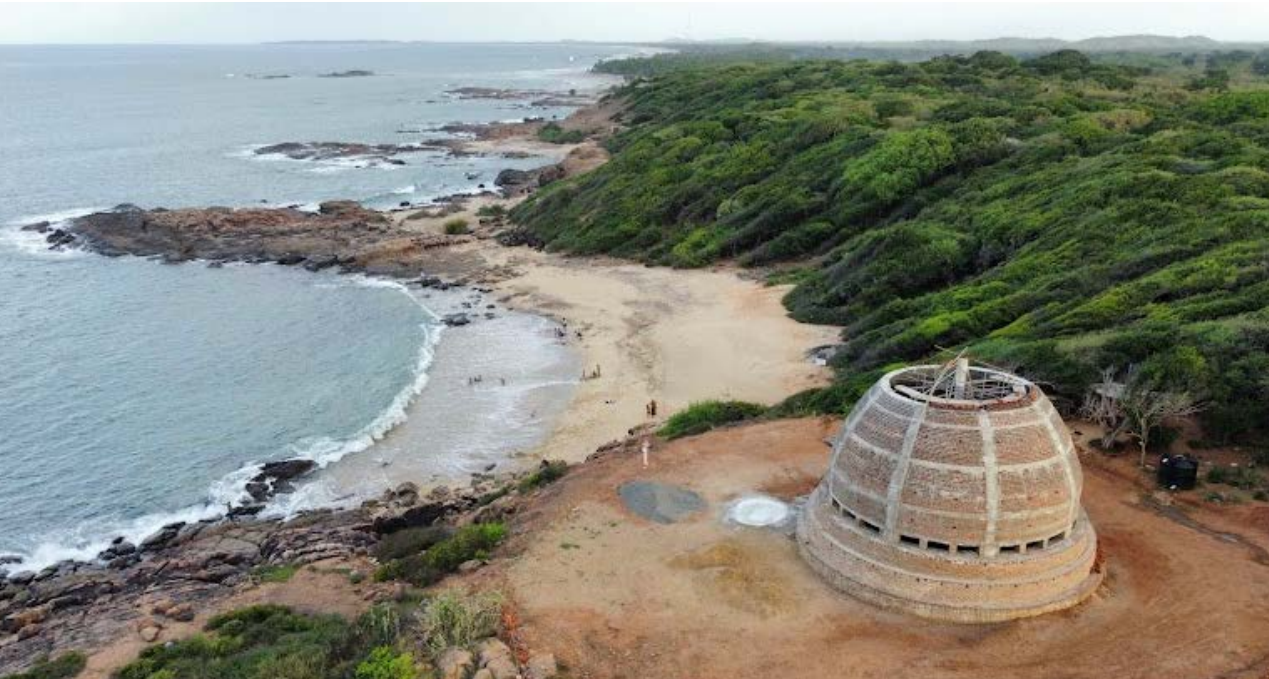
A new report by the Oakland Institute looking at Trincomalee, a city once dubbed the capital of Tamil Eelam, has found that over the last 12 months, there has been rapidly escalating colonization of the Tamil homeland.
While Sinhalese colonization and settlements have taken place in Sri Lanka under the guise of development since independence, this new research exposes an intensification since the end of the armed conflict in 2009 and details the different methods deployed by successive governments and the military to further disempower Tamil communities.
“Sinhalese control is expanding over Trincomalee District, which remains largely under military rule 15 years after the end of the war,” said Anuradha Mittal, Executive Director of the Oakland Institute. “These land grabbing efforts strategically target the most densely Tamil and Muslim populated areas to erase their history and culture while destroying their claim to a unified homeland.”
.png)
According to field studies conducted by the institute, they found that as a result of intensive land grabbing, Sinhalese now constitute 27 percent of the district’s population and occupy 36 percent of the district's total land area. The Kuchchaveli DS Division according to researchers has undergone the worst dispossession during the past ten years as over 50 percent of the division (41,164 acres) has been expropriated. This has been in part carried out under the guise of various “development” projects – including irrigation schemes, port modernization, power generation and tourism – used to expropriate lands from Tamils and settle Sinhalese in a process known as Sinhalization. Various government agencies, including the Archaeology Department, Forest Department, and Tourism Development Authority are implicated in these schemes.
“More than 500 families fishing in this sea area have been affected by the acquisition of 1,800 acres of land by the Raigam Salt Company. There are plans to give 450 acres of land to another salt company at Siriyakaraichi. If this land is given, the livelihood of at least another 400 fishing families will be affected," Pushpakanthan, a former member of the Kuchchaveli Divisional Council, said.
The expansion of Buddhist viharas (temples) figures predominantly in the report which states that in Hindu and Muslim areas, Buddhization is being facilitated to change the demographics and erase the cultural landmarks of Tamils and Muslims. According to their findings, since 2009, at least 26 viharas have been constructed on 3,887 acres of expropriated land in Kuchchaveli DS Division alone. In 2020, the government commissioned an 11-member Presidential Task Force for Archaeological Heritage Management in the Eastern Province, led by the military and monks, intending to seize land in the area.
As well documented in this and past Oakland Institute reports, the Sri Lankan state uses military occupation to assert its ethnocratic dominance over the Tamil and Muslim populations in the Northern and Eastern Provinces. These provinces remain highly militarized, hosting five of the seven Regional Headquarters of the Sri Lankan military. The heavy military presence is enabling land grabs to establish Buddhist viharas and bring in Sinhalese settlers.
.png)
“Kuchchaveli DS Division is the heart of the predominantly Tamil-speaking regions in the contiguous Northern and Eastern Provinces. The purpose of the settlement of Sinhalese in Kuchchaveli is to dismember the contiguous land mass of the North and East. By taking over Kuchchaveli, the government plans to cut off the land connection and weaken the Tamils’ claim of the North and East as their historical homeland," Sri Gnaneswaran, Community Activist in Trincomalee told the researchers.
“The intensification of Sri Lanka ethnocratic practices documented in this report compounds the already existing misery, injustice, resentment, and jeopardizes any possibility of accountability and redressal for crimes committed by the Sri Lankan state during the civil war to now. Unless the government starts demilitarizing the Northern and Eastern Provinces and respecting the basic rights to land and life of the Tamil and Muslim communities, peace and reconciliation will not be possible,” said Mittal.
.png)
"The infiltration of people from Sinhalese Divisions is being done to establish Sinhalese Buddhist supremacy in Kuchchaveli. We will soon be unable to stay in these areas, just as the Tamils who lived in Negombo and Habarana lost their identity and became Tamil-Sinhalese. Similarly, in Trincomalee, the Tamil people will eventually lose their identity and become Tamil-Sinhalese. Eventually, Saivism would be absorbed into Buddhism, and history would be rewritten to say that there was no Saivism in Sri Lanka.” Tavathiru Agathiyar Adikalar, Trincomalee Thenkailai Atheena Swamigal had said.
The Oakland Institute believes it is imperative that Resolution 51/1 is fully implemented and evidence of atrocities committed in Sri Lanka be used in future trials abroad, including at the ICC. "Towards these goals, the Office of the High Commissioner for Human Rights should establish its field offices in the North and East to monitor the ongoing land grabbing, Sinhalization, Buddhization, and militarization. Given the ongoing land grabs and repression faced by Tamils and Muslims, the UN Human Rights Council should renew its mandate on Sri Lanka."
The full report can be found here.
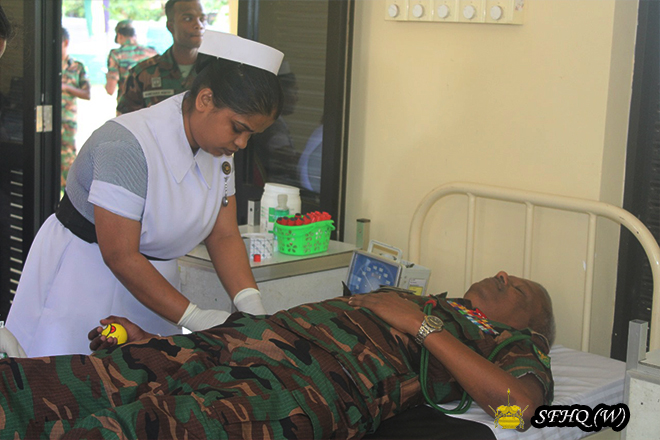
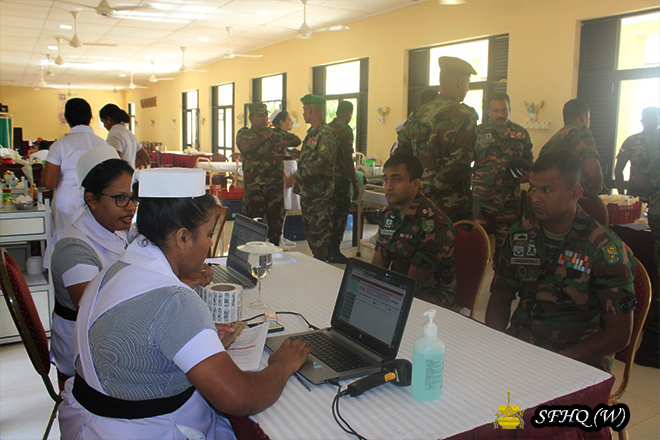
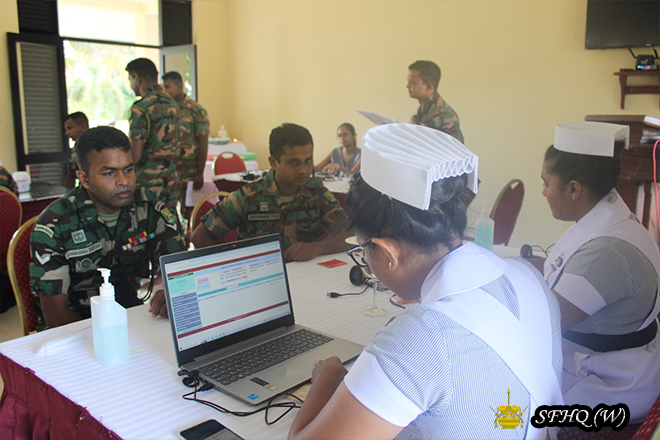
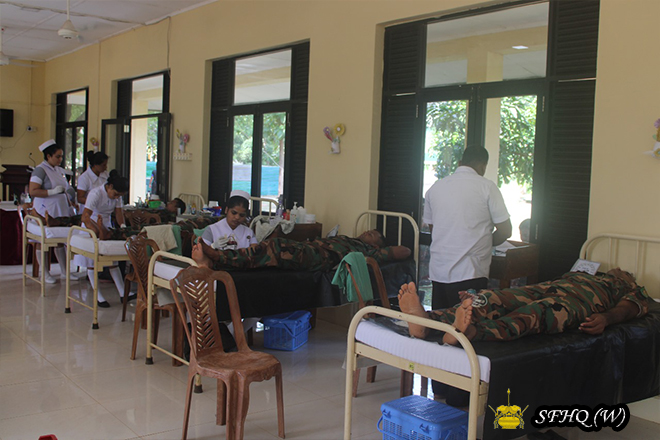



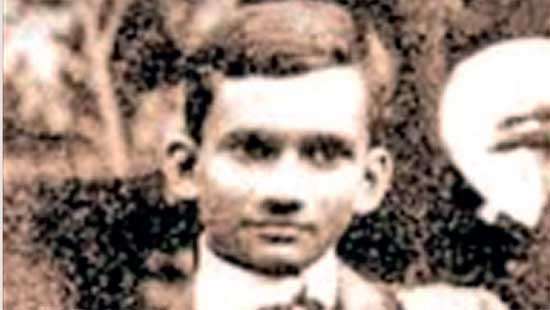
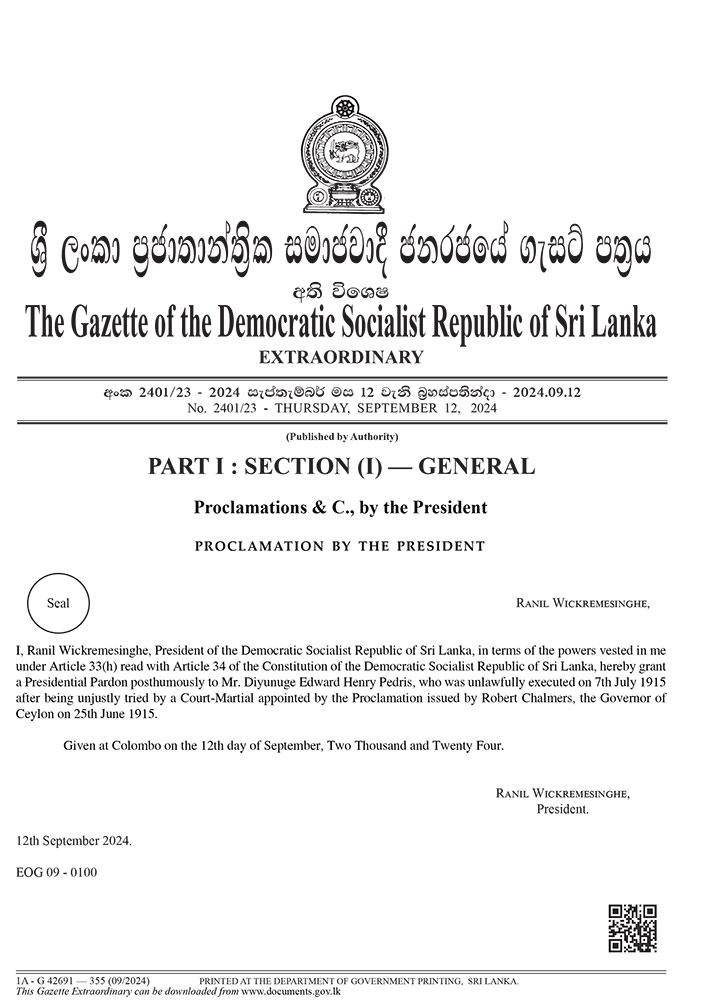

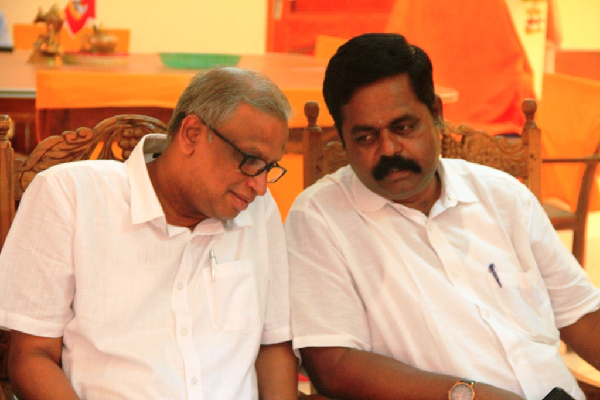

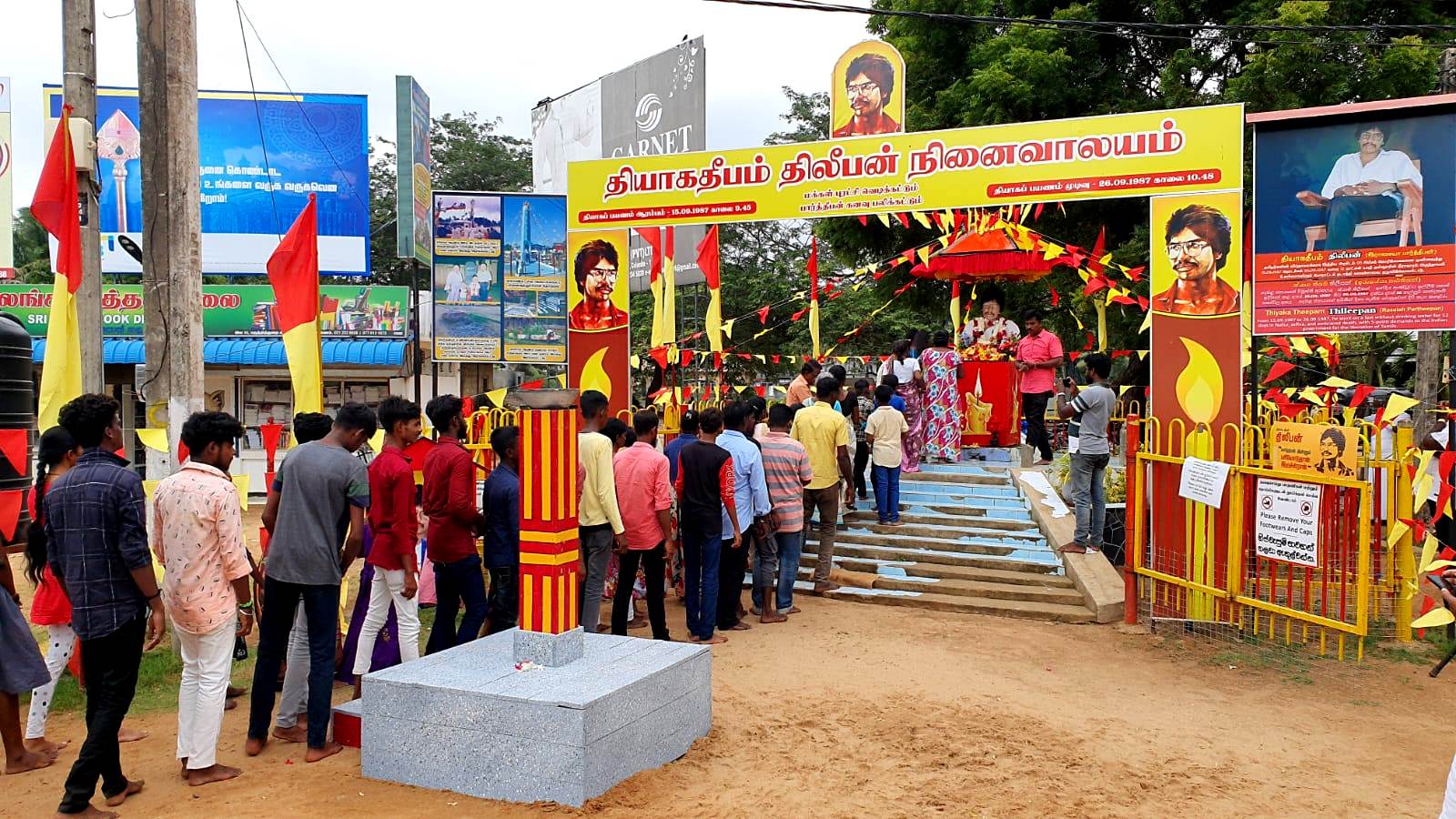
.jpg)

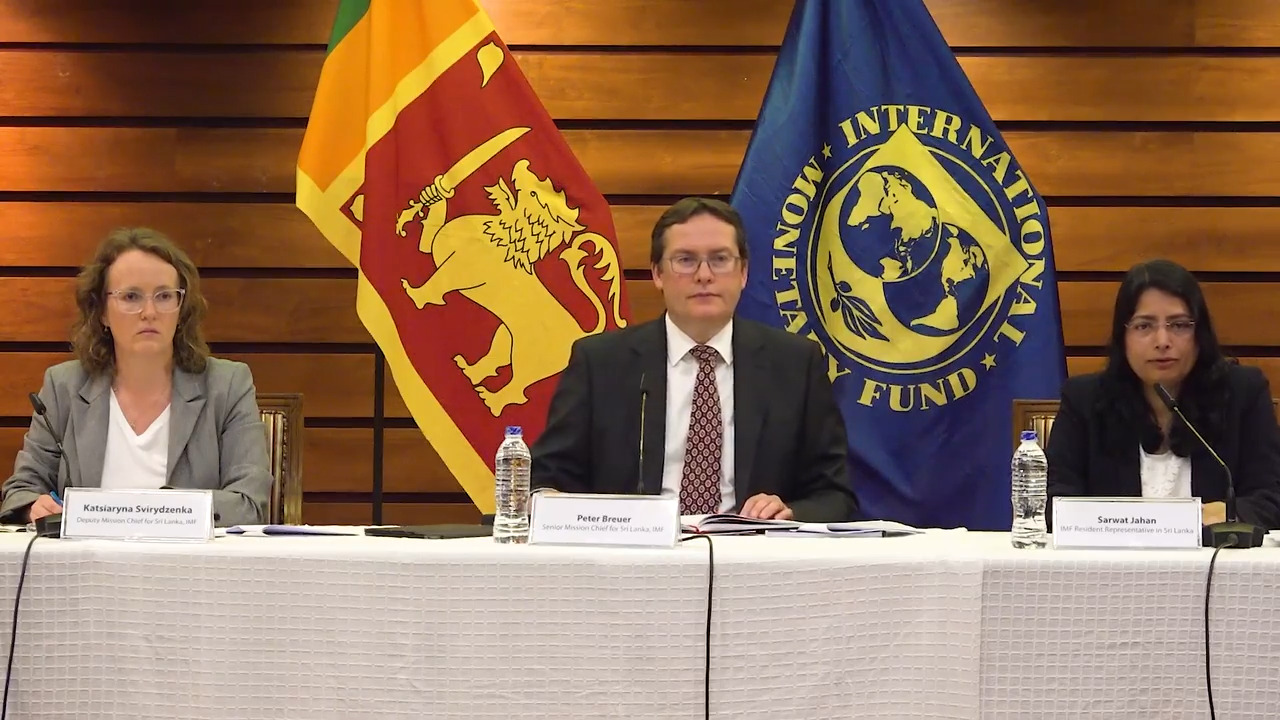

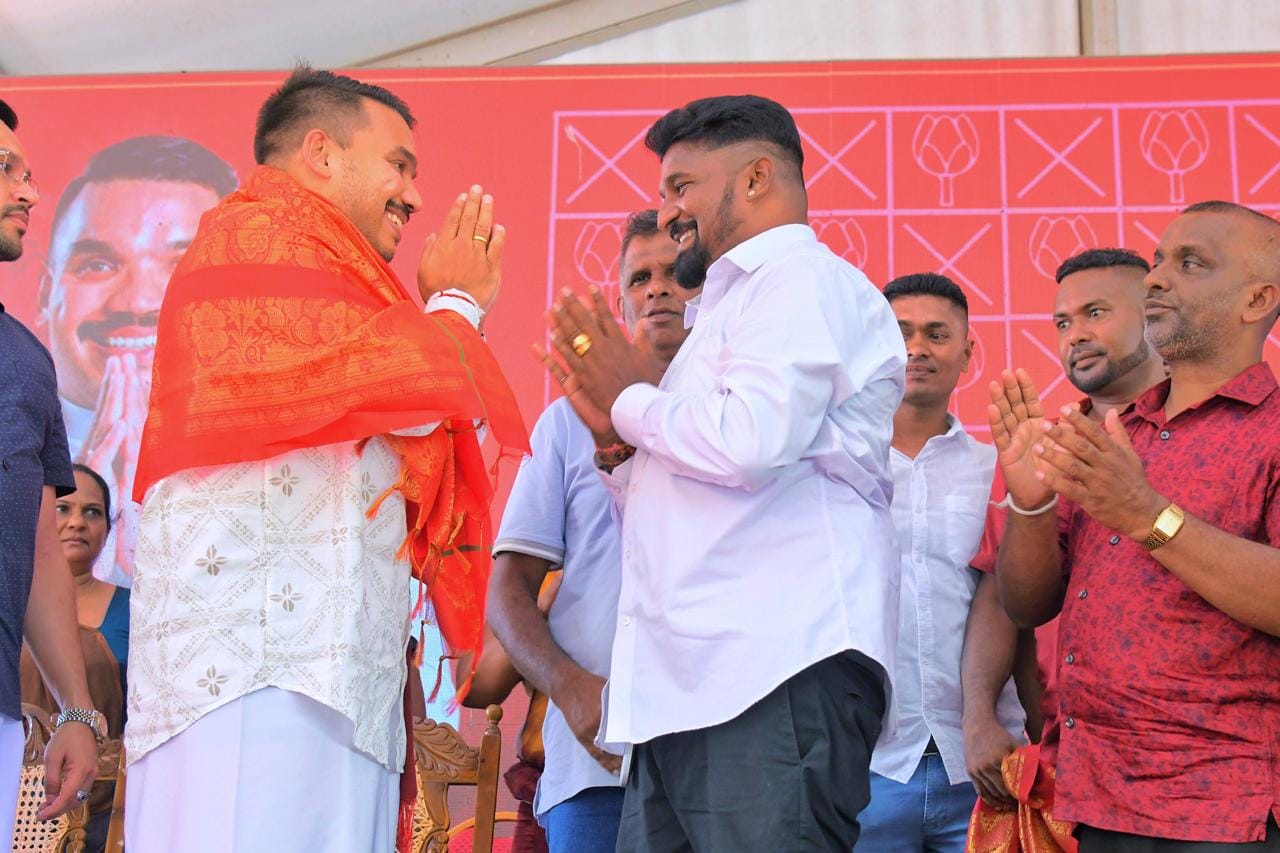

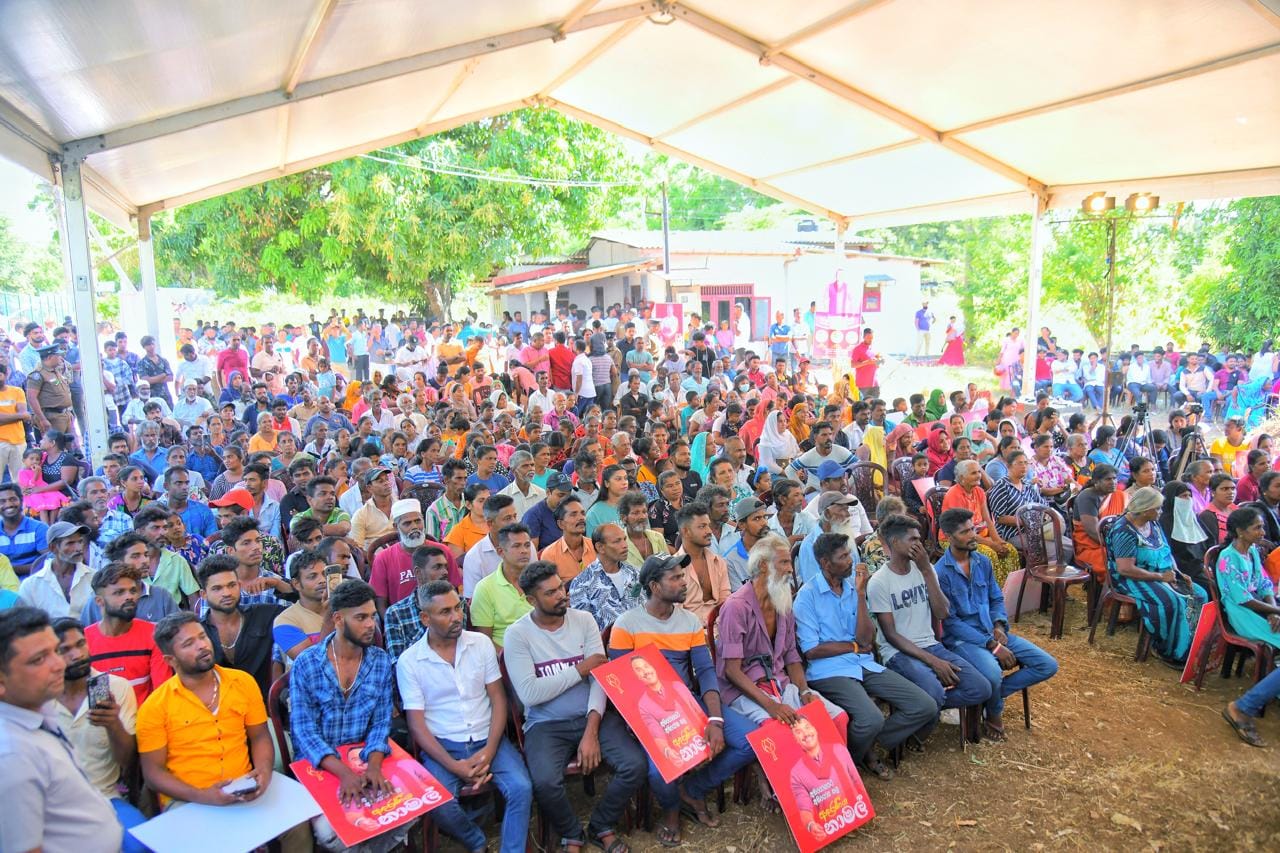

.jpg)


.png)
.png)
.png)

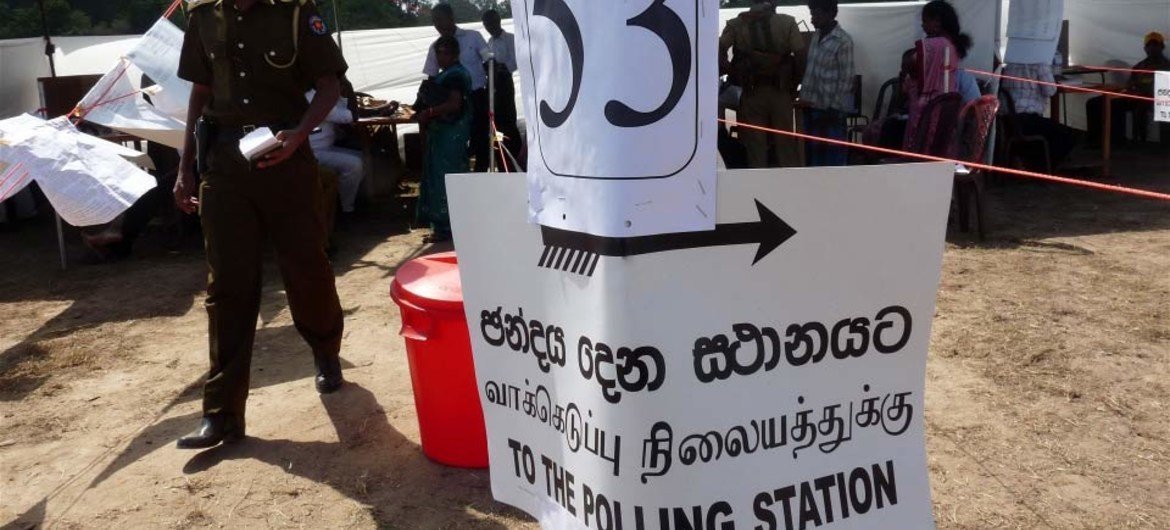

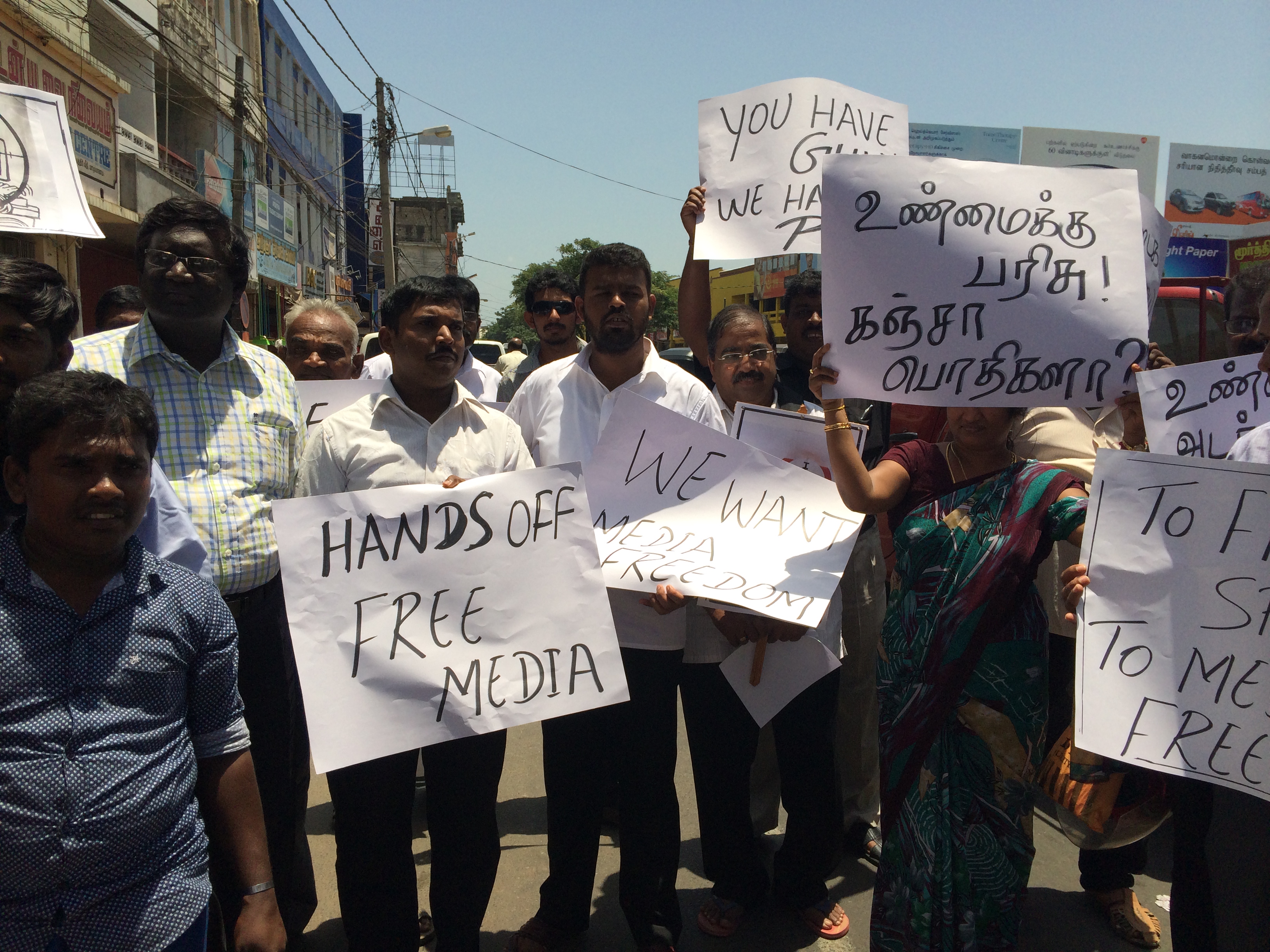
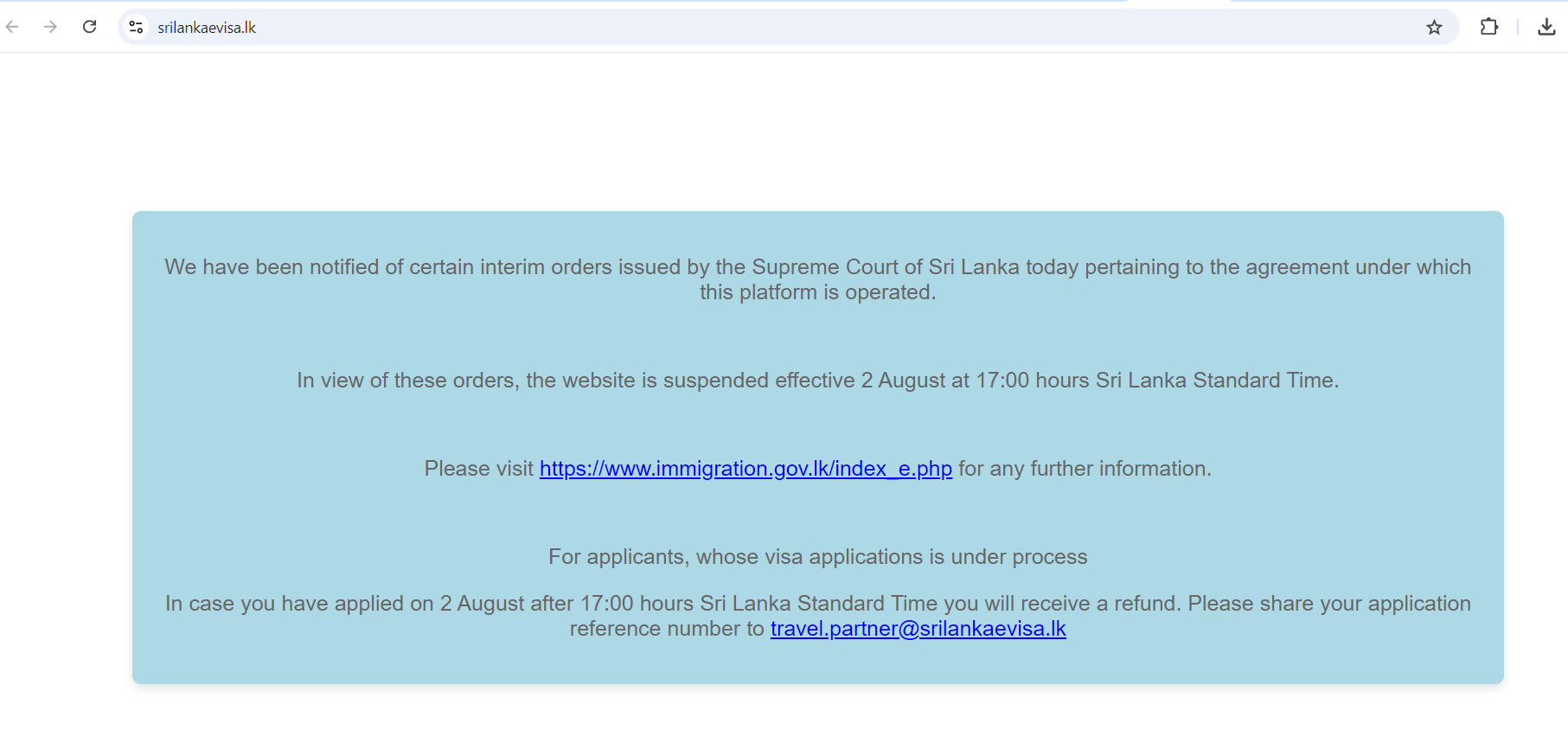
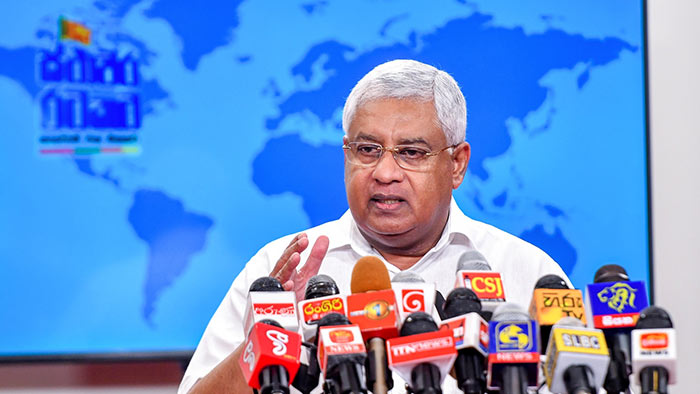

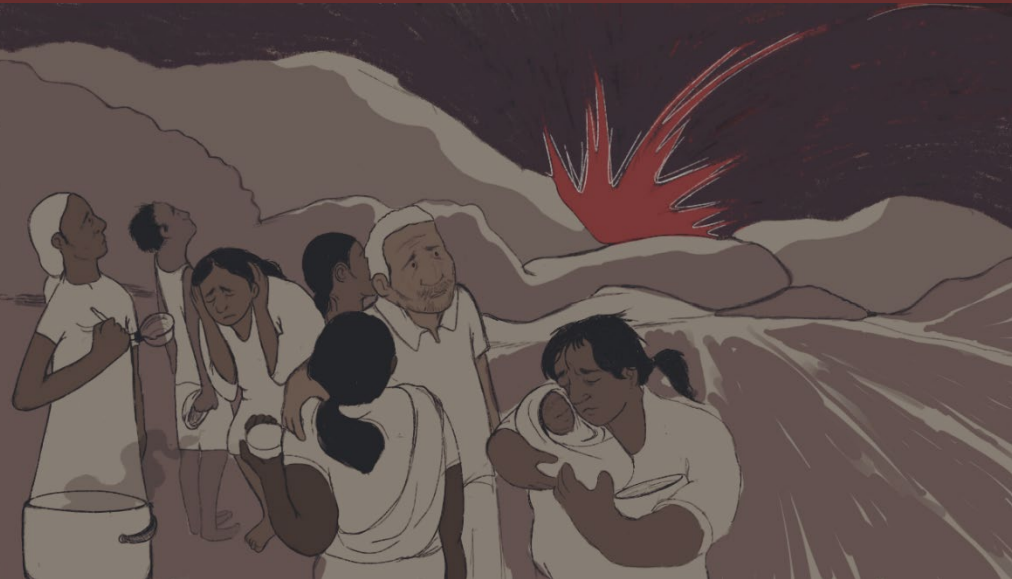
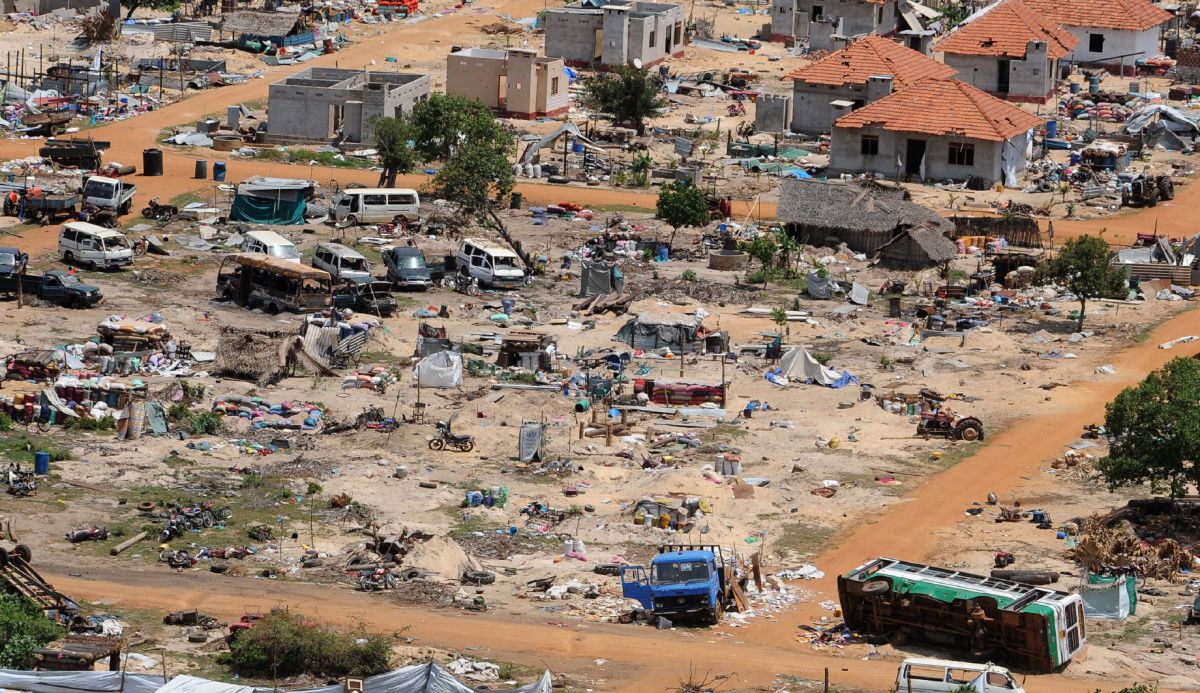

.jpg)
.jpg)

